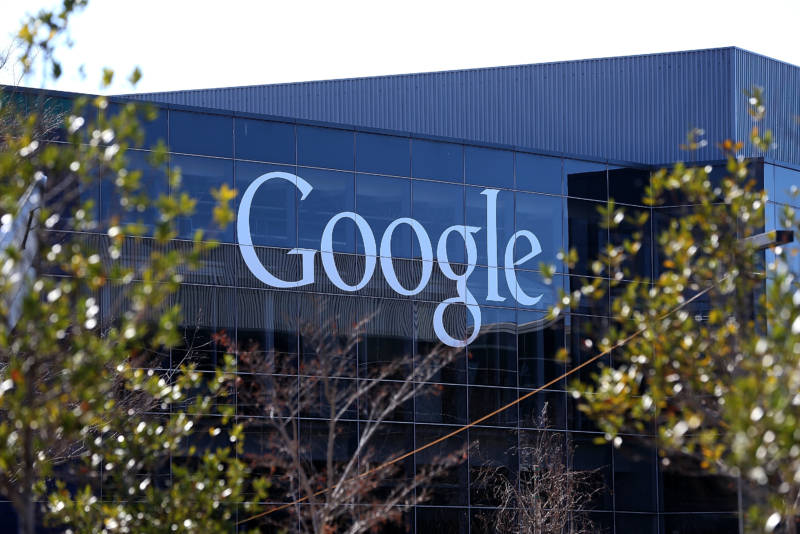Google on Tuesday pledged to spend $1 billion for housing in the San Francisco Bay Area.
Unprecedented in size and scope, the proposal to create 20,000 new homes is being greeted with wary enthusiasm, as it comes amid a regional housing crisis instigated in part by big technology companies like Google.
The tech giant said it will repurpose a minimum of $750 million of its own land over the next 10 years to support the development of at least 15,000 new homes “at all income levels,” including options for middle- and low-income families. That entails rezoning some its ample land holdings from office or commercial space to residential use.
The company said it will also create a $250 million fund to provide developers with incentives to build 5,000 affordable housing units throughout the region, and dole out $50 million in grants to help address homelessness and displacement.
“Across the region, one issue stands out as particularly urgent and complex: housing,” Google CEO Sundar Pichai said in a blog post announcing the plan. “The lack of new supply, combined with the rising cost of living, has resulted in a severe shortage of affordable housing options for long-time middle and low-income residents.”
While saying that Google had already invested in “developing housing that meets the needs of these communities,” Pichai acknowledged, “there’s more to do.”

